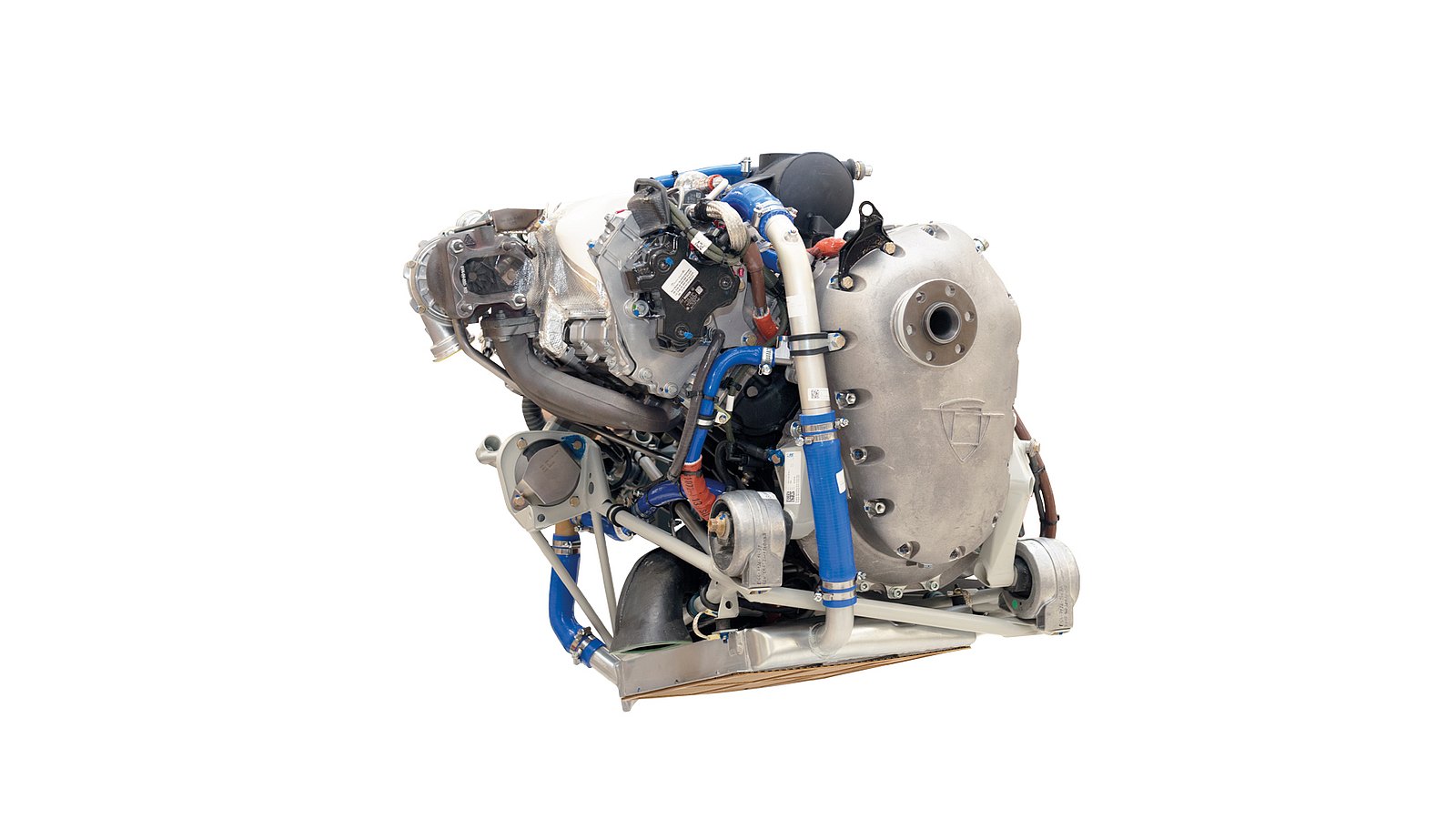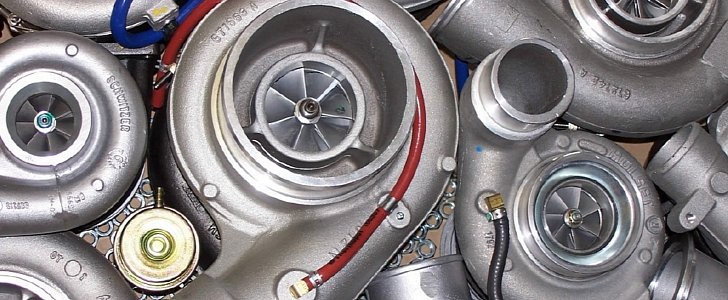Explore a Wide Range of Engines for each Car and Function
The vehicle landscape is significantly intricate, with a varied variety of engine kinds made to fulfill specific efficiency and performance requirements across various car classifications. From the high-performance engines that power cars to the fuel-efficient choices customized for day-to-day travelling, the selections are huge and differed. In addition, durable engines serve the needs of job automobiles, while eco-friendly choices are getting traction in the pursuit of sustainable transport. Comprehending these distinctions is essential for making educated choices, especially as emerging modern technologies proceed to shape the future of auto design. What ramifications might these advancements hold for producers and customers alike?
Kinds Of Automotive Engines
Automotive engines can be categorized right into a number of distinctive types, each created to meet certain performance and effectiveness needs. The most typical categories include inner combustion engines, electric engines, and crossbreed systems.

Electric engines, on the other hand, run on electric power kept in batteries, providing immediate torque and zero discharges. These engines are coming to be progressively preferred due to innovations in battery technology and the growing focus on sustainability.
Crossbreed systems combine both interior burning and electric engines, allowing lorries to optimize fuel performance and decrease exhausts by perfectly switching in between source of power. Each engine type offers its advantages and disadvantages, affecting elements such as vehicle design, planned usage, and market need. When choosing the proper engine for their details demands., understanding these differences is critical for manufacturers and consumers alike.
Efficiency Engines for Sports Cars
Efficiency engines for cars are especially engineered to supply boosted power, agility, and speed, establishing them aside from typical automotive engines. These engines frequently utilize advanced technologies such as turbocharging, turbo charging, and variable shutoff timing to make best use of performance and responsiveness.
Typically, efficiency engines are created with greater compression ratios, which permit higher energy extraction from gas. This causes excellent horsepower and torque figures, enabling quick velocity and higher full throttle. In addition, the lightweight materials made use of in these engines, such as light weight aluminum and carbon fiber, add to reduced total vehicle weight, boosting handling and ability to move.
Engine arrangements like V6, V8, and also hybrid systems are common in efficiency sports vehicles, each offering one-of-a-kind advantages in terms of power shipment and driving characteristics. The tuning of these engines is also critical; lots of makers enhance the engine management systems to provide an electrifying driving experience, typically consisting of sport settings that readjust throttle action and equipment shifts.
Reliable Engines for Daily Commuters
In the realm of everyday travelling, efficient engines play a critical function in maximizing fuel economy and decreasing emissions while supplying trusted performance. As urban populaces expand and environmental problems escalate, the need for lorries equipped with reliable powertrains has actually surged.
Modern engines made for daily travelers commonly integrate modern technologies such as turbocharging, direct fuel shot, and hybrid systems. Turbocharging enhances engine efficiency forcibly even more air right into the combustion chamber, permitting smaller sized, lighter engines that do not endanger power output. Direct fuel injection improves fuel atomization, causing much better burning and raised efficiency.
Hybrid engines, combining interior combustion with electric power, further enhance fuel economic situation, particularly in stop-and-go traffic, where conventional engines can endure from inefficiencies. Electric motors help during acceleration and can run separately at reduced speeds, decreasing overall fuel intake.
Moreover, advancements in engine management systems and light-weight products add significantly to efficient engine design. By focusing on efficiency, durability, and ecological sustainability, suppliers proceed to supply engines that not only meet the needs of everyday commuting but additionally line up with worldwide efforts to reduce carbon impacts.
Heavy-Duty Engines for Job Automobiles
Heavy-duty engines for job automobiles are regularly engineered to supply phenomenal torque and integrity under requiring problems. These engines are developed to perform in environments where typical engines may falter, such as construction sites, logging operations, and farming settings. The key focus of sturdy engines is their capability to generate high degrees of power while maintaining longevity over prolonged visit this website durations of operation.
Typically, durable engines utilize sophisticated materials and robust building and construction methods to endure the roughness of heavy workloads. Attributes such as reinforced cyndrical tube blocks, enhanced cooling systems, and progressed fuel injection modern technologies contribute to their efficiency. These engines frequently run at reduced RPMs, which assists to optimize gas efficiency while supplying the necessary power for lugging and hauling.
In enhancement to mechanical toughness, sturdy engines are commonly geared up with innovative electronic control devices (ECUs) that manage performance, exhausts, and diagnostics. This integration enables better surveillance and upkeep, making sure that work automobiles continue to be effective and operational.
Eventually, sturdy engines are a vital element in the performance of various markets, supplying the necessary power and reliability to deal with the most difficult of jobs.
Eco-Friendly Engine Options
The expanding emphasis check here on sustainability has actually led to the development of green engine alternatives that focus on lowered exhausts and boosted gas effectiveness. These engines are created to lessen the environmental impact of cars while still delivering the efficiency and integrity anticipated by consumers.
Among one of the most remarkable eco-friendly alternatives are electrical and hybrid engines. Crossbreed engines combine typical inner burning engines with electric propulsion, enabling lowered gas consumption and lower greenhouse gas exhausts. Electric engines, on the other hand, operate totally on battery power, generating no tailpipe discharges and adding to cleaner air quality.
One more promising advancement is the development of biofuel engines, which make use of renewable energies, such as plant materials, to power lorries (Engines For Africa). By utilizing biofuels, these engines can decrease dependence on fossil fuels and reduced general carbon footprints

As the vehicle market advances, green engine options will certainly play a critical role in driving the change towards even more sustainable transportation solutions.
Final Thought
The automotive sector offers a varied array of engines created to meet different car demands and purposes. From high-performance engines that boost cars capacities to efficient models focusing on gas economy for everyday travelers, each kind serves a certain feature. Heavy-duty view engines satisfy durable job vehicles, while environmentally friendly alternatives, such as electrical and biofuel engines, promote sustainable transport. This thorough range guarantees that all driving needs are addressed, adding to innovations in automotive technology and environmental stewardship.

Comments on “What Sets Engines For Africa Apart in the Market”